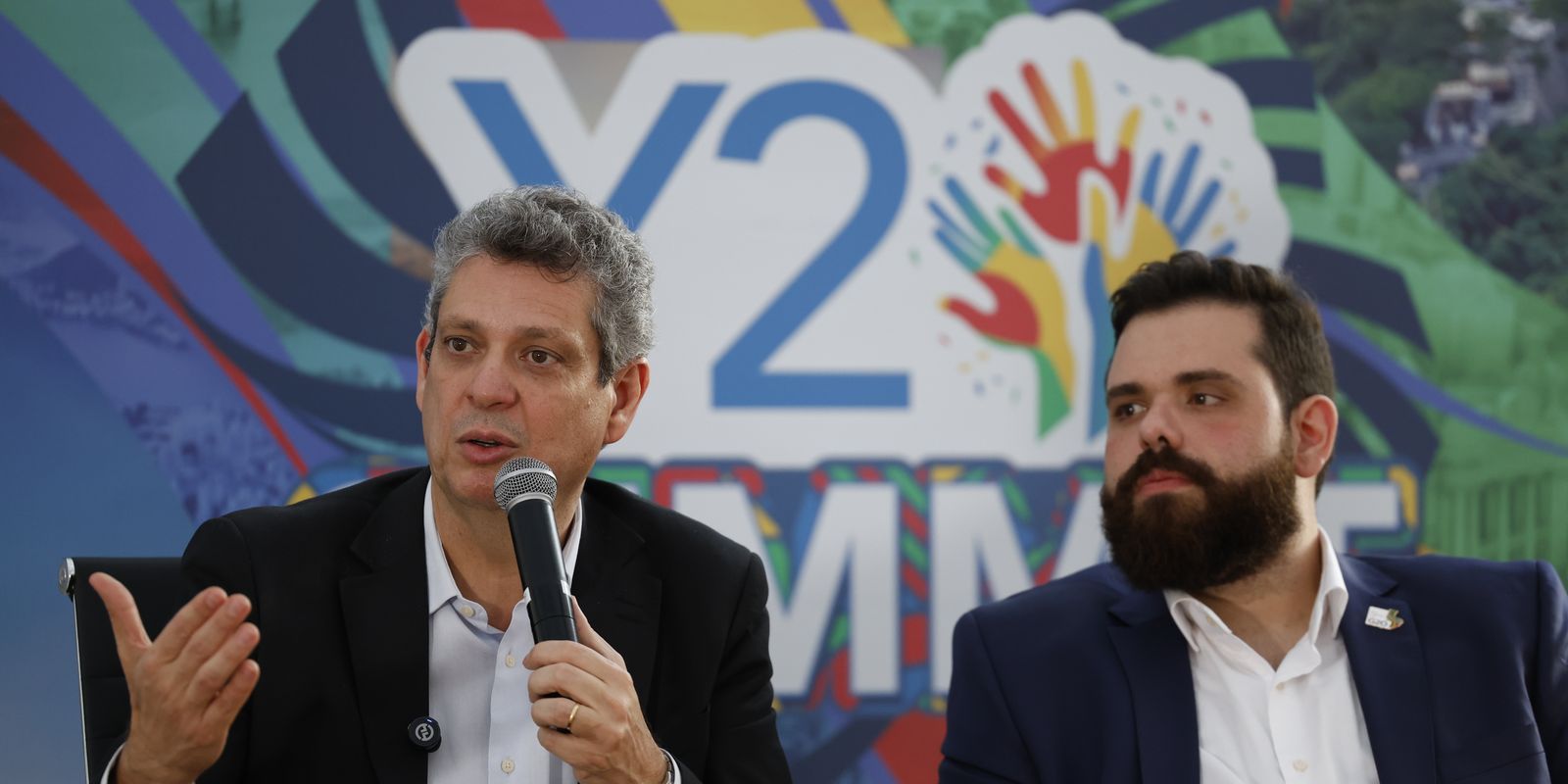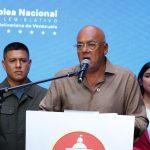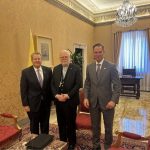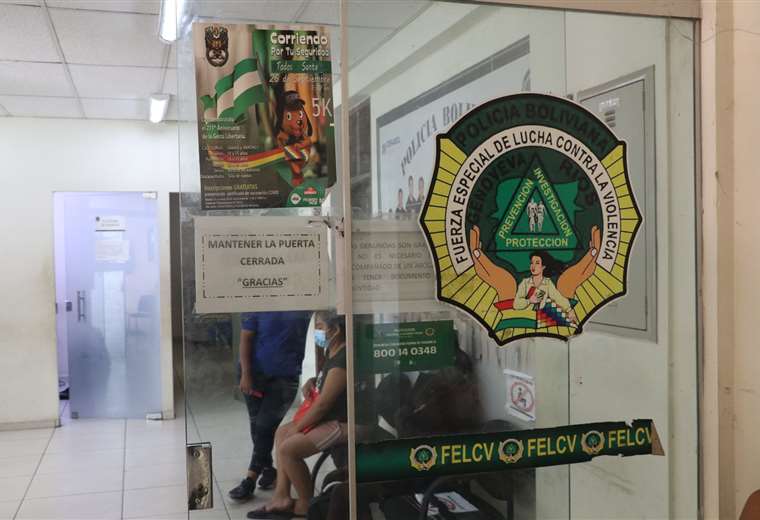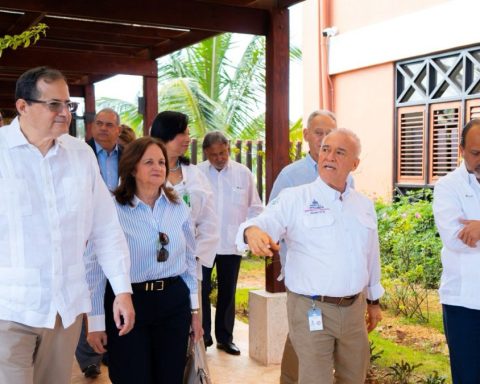Taxation of large fortunes, which has been advocated by the Brazilian government, is one of the topics that should be included in the final declaration to be approved by civil society representatives from the engagement groups that make up the so-called G20 Social. According to the Minister of the General Secretariat of the Presidency of the Republic, Márcio Macêdo, the deepening of the debate may even lead to the emergence of an improved proposal.
“This is a topic that is already present in the debate of organized civil society and engagement groups. It is certainly one of the proposals that will be included in the final document, strengthening the Brazilian government’s position or even improving it, including other variables from the point of view of its operationalization that may not have been seen yet. What is very significant about this debate is to note that around 300 people in the world hold the amount of wealth that could feed more than 350 million hungry people around the planet. We can no longer live with this concentration of income and the deepening of inequality and hunger,” he said.
Discussing this issue is one of the priorities of the Brazilian presidency of the G20, which was assumed in December of last year. This is the first time that Brazil has presided over the G20 since the implementation of the current format, established in 2008, which comprises the 19 largest economies in the world, as well as the European Union and, more recently, the African Union. In November, Rio de Janeiro will host the G20 Summit and the presidency will be transferred to South Africa.
Last month, the Finance Track, one of the G20 discussion groups, approved the final statement with mentions of the discussion of taxing the super-rich. Brazil advocates that countries coordinate the adoption of a minimum tax about the super-rich.
However, there is resistance. For example, US Treasury Secretary Janet Yellen has said that high-income individuals should pay a fair amount, but that she does not see the need for a global pact, and that it is up to each government to deal with the issue internally. Finance Minister Fernando Haddad believes that without global coordination, countries will end up getting involved in a tax war.
Minister Márcio Macêdo is the coordinator of the G20 Social, a parallel group comprised of representatives of civil society organizations, workers, scientists, businesspeople, women and young people. According to him, the issue of taxation of the super-rich has been approached from different angles. He cites the example of the debates in the Y20 (youth group). “How can taxing wealth contribute to financing public policies for young people?” he asks.
Social trail
One of the innovations The purpose of the Brazilian G20 presidency was to create a process so that civil society not only meets in parallel, but also becomes part of the construction of the definitions. The culmination of this agenda will be the G20 Social Summit, which will take place between November 14 and 16 in Rio de Janeiro, preceding the G20 Summit. At that time, the final document of the G20 Social will be presented and delivered to the governments of all nations in the group.
According to Márcio Macêdo, the innovation is in line with the democratic premises of the federal government. “We have recently experienced a very difficult time in the country. During the four years of the previous government, we saw a curtailment of democracy and channels of participation and an attack on institutions. So the G20 Social is today a way of strengthening direct democracy, proposed by this Brazil that emerged from the polls. We see the need for people to be able to participate in the life of the country and to be able to contribute to the direction of the country. And the G20 Social is even more than that: to contribute to the new global governance”, he said.
The minister mentioned the role of civil society organizations in the development of social policies. He mentioned the National Food Security Council (Consea), created in 1993 as part of the mobilization process to combat hunger led by sociologist Herbert de Souza, also known as Betinho. According to Macêdo, the Consea developed concepts that guided programs such as Cisterna para Todos, Bolsa Família and Minha Casa Minha Vida. He also advocated that civil society organizations from all countries be invited to discuss the reform of global organizations.
“The governance that governs the world today comes from the results of the Second World War. Since then, there have been significant changes. Countries that were very important geopolitically have ceased to be so. Others have gained importance. Issues have ceased to be relevant and others have become urgent. The countries that make up the UN Council [Organização das Nações Unidas] Those who should work for peace are the countries that wage wars. There is a need to discuss all this.”
Y20
The minister’s statements were made during the Y20 Summit, which brings together young people from G20 member countries. Activities will take place throughout the week. This Friday (16), a final declaration will be presented, resulting from the consensus of the 25 participating delegations (G20 nations and also invited countries). The youth discussions will involve combating inequality and hunger, energy transition and reform of global governance, as well as entrepreneurship and the labor market; and inclusion and diversity.
Marcos Barão, who presides over the National Youth Council of Brazil (Conjuve) and also over Y20, explains that each delegation has five young leaders as delegates. Up to 15 proposals will be listed in the final declaration for each of the five themes. In addition, 10 more proposals considered cross-cutting may be included. “Reforming the global governance system has been a very important topic. It is a central demand. Young people want a greater presence of the ‘global south’ in decision-making spaces,” he says, also citing the intensity of the debate on climate change.
Barão recalls that Y20 was created in 2010, before other engagement groups such as C20 (civil society organizations) and T20 (think tanks). “This reinforces the position of young people who are constantly seeking to occupy decision-making spaces. What we are going to do with this generation, with their dreams and their lives, will define the present and the common future of all people,” he said.
The documents approved by each of the engagement groups will influence the discussions of the final declaration of the G20 Social. Next Tuesday (20), the debates will continue in Rio de Janeiro. Approximately two thousand people have already registered to participate in the preparatory meeting of the G20 Social Summit.
